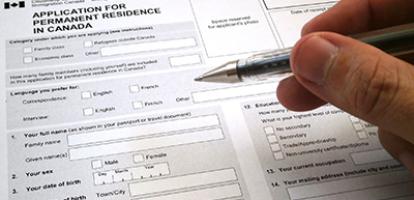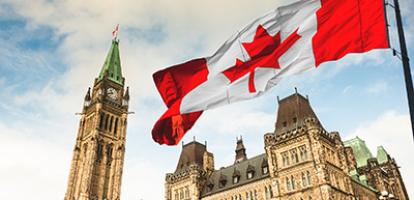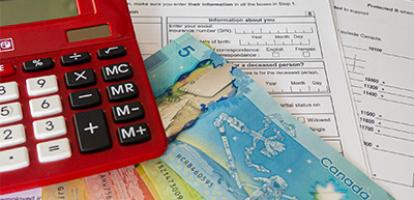Published in the Globe and Mail.
There’s something wrong when a narrow interest group can dominate Canadian trade policy. That’s exactly what has happened in the case of the dairy industry, pushing its protectionist agenda on Canadians, not only in getting an ill-considered and self-serving piece of legislation to sail through the House of Commons but in having the Bloc Québécois make final enactment of Bill C-282 a red line for supporting the minority Trudeau government.
Bill C-282 is a Bloc private member’s bill that would exempt the supply managed dairy sector (as well as poultry and eggs) from all future trade negotiations. Even though the bill has already passed the House and is now in the Senate, Bloc Leader Yves-François Blanchet said last week the bill must be in force by October 29 or the Bloc will start negotiations with the Conservatives and the NDP on toppling the Trudeau government.
The Bloc’s move underscores a harsh truth: As long as politicians lack the courage to confront the dairy lobby, as long as dairy producers focus on defending a shrinking domestic market in lieu of global opportunities, Canada’s trade policy and its consumers will continue be held hostage by this outdated Soviet-style system.
How did we get to this state of affairs, with the dairy lobby able to exercise such strong influence in Canadian politics far beyond its actual economic significance, foisting dairy-market protectionism and high costs of milk on the Canadian public?
It’s a matter of street politics combined with lots of lobbying money.
The politics are pretty obvious. It’s about votes. There are rural ridings that can be won or lost by the farm vote in parts of Quebec, Eastern Ontario and the Maritimes. That’s why the Bloc and other MPs, whatever the party, have been co-opted to the dark side of protectionism, hoping that being seen as supporters of the family farm will help re-election prospects.
At least that’s their thinking, even though an analysis done years ago by Martha Hall Findlay, who is currently director of the University of Calgary’s School of Public Policy, showed there were few, if any, ridings where dairy votes could plausibly swing elections – particularly compared to voters in those same ridings who would benefit from dismantling supply management.
Even so, intense political lobbying by dairy producers got the precedent-setting protectionist piece of legislation in Bill C-282 passed without difficulty in the House last summer.
As the bill wends its way through the Senate, thoughtful senators including Peter Harder and Peter Boehm, are questioning its rationale, pointing out that writing this kind of protectionism into the statute books will have negative consequences for Canada’s trade relations, especially with the U.S., when the Canada-U.S.-Mexico Agreement comes up for review in 2026.
If we follow the money, we see that the Dairy Farmers of Canada – who will go to the wall to protect supply management – is the most deep-pocketed lobby group in the country. Its financial statements show a huge balance sheet and nearly $70-million in annual revenues, an unbelievably large number for a single-sector interest group, giving it the means to underwrite unrelenting lobbying efforts in Ottawa and in provincial capitals, defending supply management to the last litre of milk.
To put things in perspective, compare the Dairy Farmers’ $70-million with the Canadian Chamber of Commerce, an organization with a vast cross-country network, with about $12-million in annual revenues last year.
You can see how the money goes to support its lobbying efforts by looking at the federal Lobbyist Register. It reveals hundreds of meetings in 2023-24 between the Dairy Farmers and an array of public office holders, including the Prime Minister’s Office, the Privy Council Office, dozens of federal departments and agencies, MPs and senators. Among the prominent subjects, as the registry shows, are international trade and Bill C-282. And this is only for the Dairy Farmers of Canada: It doesn’t include all the lobbying done in Ottawa or the provinces by provincial dairy farmers’ groups.
The trajectory of Bill C-282 and its prospects in the Senate remain unclear. It is now in committee stage, including in the foreign affairs and international trade committee. Even with some senators opposing the bill, there could be enough support that it could be approved. Whether that happens before the Bloc’s ultimatum date is uncertain.
But even if the bill is rejected by the Senate or is further delayed and dies on the order paper in the next federal election, the protectionism of supply management and the grip of the dairy farmers in Ottawa will remain. At Canada’s loss.
Lawrence Herman is an international lawyer with Herman & Associates and senior fellow at the C.D. Howe Institute in Toronto.





